The Eastern European entrance of Lidl and Kaufland, supermarket retail chains owned by a German corporate group, were financed with loans from public money. According to an investigation by The Guardian, almost 900 million Euro of public funds coming from the World Bank and European Bank for Reconstruction and Development (EBRD) were injected to develop hundreds of supermarkets packed with cheap, imported food. This leaves peasants and other local food producers, largely ignored by these retailers, unable to compete.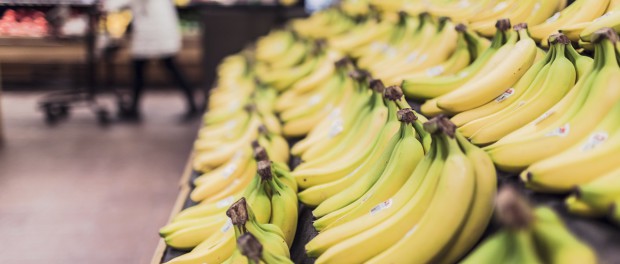
These public institutions, funded by taxpayers and owned by governments, have explicit mandates to increase local development in the countries where they spend their money. The World Bank also has an additional, specific mandate to reduce global poverty. An International Consortium of Investigative Journalists found that 1,000 World Bank projects approved between 2004 and 2013 forced 3.4 million people from their homes, grabbed their land, or damaged their livelihood. The banks claim that their funding for Lidl and Kaufland would create jobs, opening new markets for local producers and bringing “good quality, affordable food” to poor consumers.
Nowdays, in full expansion in Romania, Kaufland owns over 100 supermarket retail outlets, while Lidl has more than 180. Both retailers are owned by the german Schwartz Group, which in the last decade received a staggering 900 million Euro financing from the International Finance Corporation, a powerful branch of the World Bank, and from the EBRD.
The first loan from the IFC was received in 2004, 100 million dollars to settle in Poland. Schwartz Group also benefited from another 141 million dollars to develop their supermarket chains in Romania and Bulgaria. In 2013, another tranch of 105 million dollars secured their entrance on the Serbian and Croatian markets.
Their development strategy, initially targeting large cities, but later on, also middle and small sized towns (up to 30000 citizens), has a disastrous effect on small producers. The Guardian investigation shows that in Bucharest, Romania’s capital, nearly all of the chain’s outlets are within walking distance of an older, local marketplace.
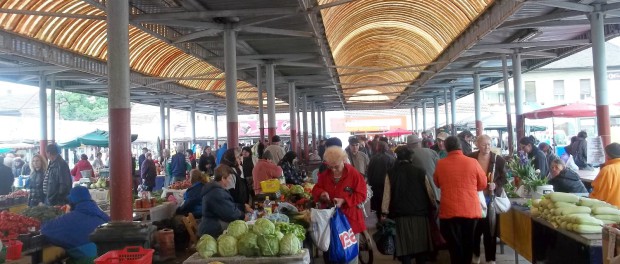
“Ion Garalin, a small-scale trader who has sold local produce at the Piata Gorjului market in western Bucharest for more than two decades, says this has made a difficult situation even worse. “Really, the most negative impact is that they’ve chosen to open stores very close to local markets like this one,” said the 67-year old, standing in front of a stall piled high with fresh vegetables, waiting patiently for customers. Today, this once bustling market is now eerily silent. “We’re being eaten alive … We can’t go on like this.”
Extract from the Guardian investigation
In their quest for a bargain on food products, supermarkets like Germany’s Lidl and Kaufland are bypassing high quality local goods for Europe’s cheapest. Thus, peasants selling in larger cities are exiled to illegal sidewalk stands to sell their local goods. They grow poorer because they cannot compete. Undoubtedly, they do not make profit enough to expand or buy equipment. They are burdened with an aggressive free market where Dutch or Spanish have a year round produce in their million euro greenhouses and international retailers like Lidl can ship milk produced in Poland to markets in Bucharest and still beat local prices two fold. On the other side, consumers are tempted with penny prices, in standardized shops where people are swarming (below video of a “Lidl attack – https://youtu.be/JMbrl8-0nvc”) to buy cheap appliances and underwear conveniently put near down-priced food products from all over the world.
Written by Attila Szocs, Land Rights Campaigner at Eco Ruralis


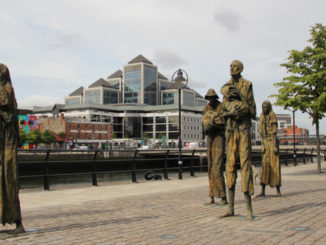
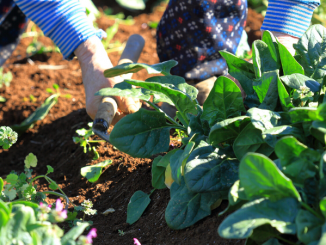
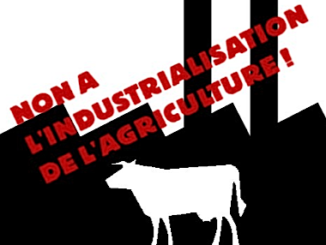
1 Trackback / Pingback
Comments are closed.